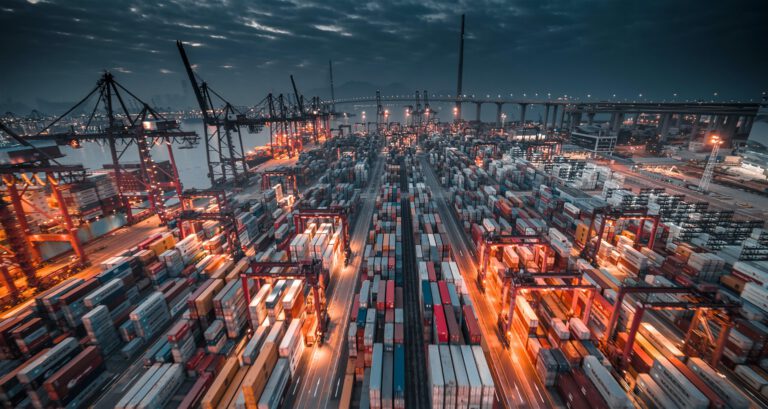Sea Freight


The majority of international trade is conducted
via maritime routes, as ships can reach
almost every port in the world.
This provides access to global markets
and various destinations worldwide.


to transport specialized goods.
Ships are able to meet specific requirements
for the transportation of hazardous materials,
perishable goods, or oversized cargoes.
The advantages of sea freight
Cost efficiency
Lower freight costs per unit. Attractive for bulk goods or bulky items
Capacity
Large, bulky goods over long distances. Efficient handling of large quantities.
Temporary storage
The goods can be stored temporarily in ports or warehouses. Flexibility in the supply chain.
Security
Ships provide stability for transportation. Cargo vessels have security systems against theft or damage. Containers protect the goods.
Global accessibility
Sea freight enables access to remote locations, diverse markets, and secluded islands. Ports serve as trade routes.
Diversity
There are specialized containers and facilities for transporting sensitive, temperature-controlled, or oversized cargoes.


